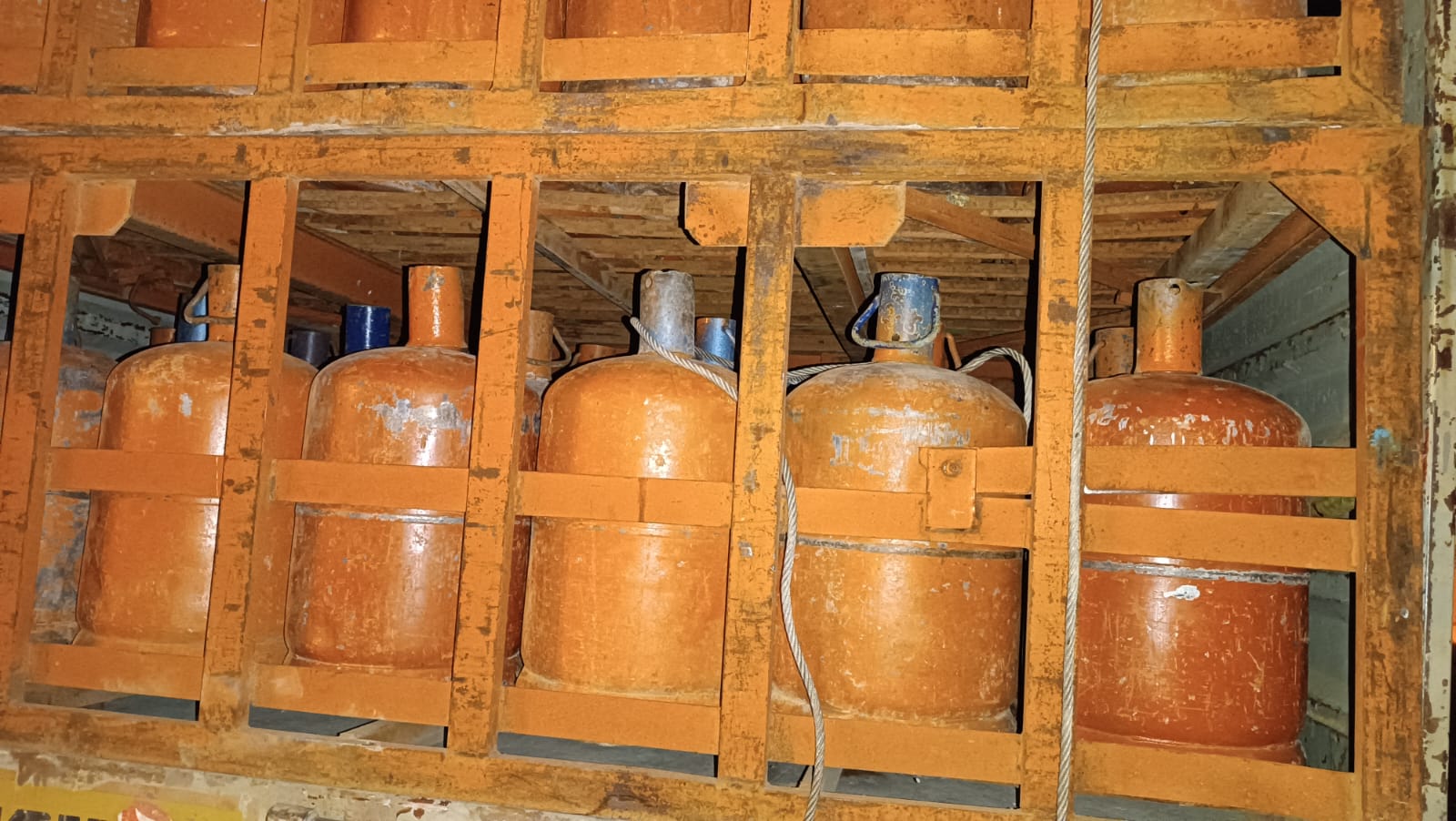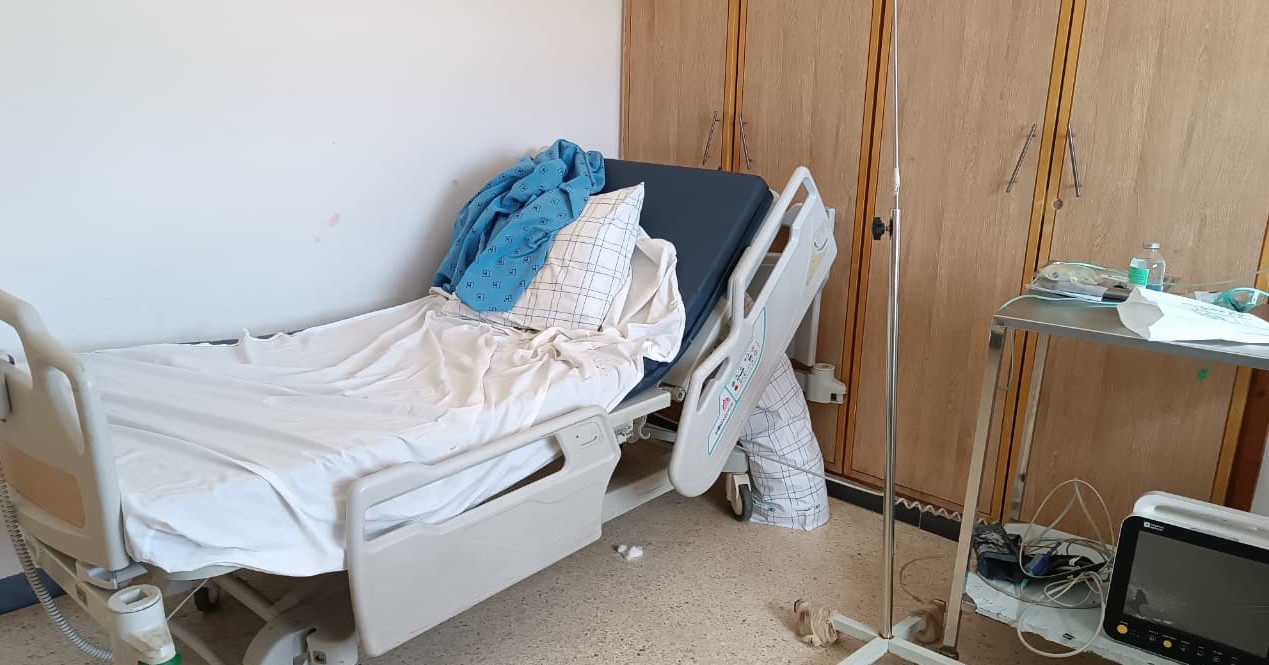Casablanca – The General Directorate of Taxes has published a comprehensive guide on the tax system for self-employed entrepreneurs. This guide clarifies the legal and tax status for this category of taxpayers, answering various questions and emphasizing the importance of this framework in encouraging structured professional and commercial activities. It also aims to promote entrepreneurial spirit and facilitate young people’s access to the job market through self-employment. Additionally, the guide specifies those eligible for the system and those excluded.
Eligibility and conditions
According to the guide, self-employed status is not granted if the entrepreneur is already engaged in an activity subject to professional tax, whether as a legal or natural person. Such individuals must first cease their activity before registering in the National Register of Self-Employed Entrepreneurs. Obtaining this status is subject to two conditions: the annual turnover must not exceed approximately $51,546 for commercial, industrial, and artisanal activities, and approximately $20,619 for service providers. Taxpayers must also adhere to the social security system stipulated in current legislation.
Advantages of the self-employed system
Self-employed entrepreneurs benefit from several advantages, including:
– Exemption from registration in the commercial register
– Exemption from accounting obligations
– Possibility of domiciling their activity at their residence or in locations used by several companies without their main residence being subject to seizure due to outstanding debts
– Social coverage from the date of registration in the National Register of Self-Employed Entrepreneurs (RNAE)
However, these advantages have not significantly attracted taxpayers to join this tax system. According to figures from the newspaper “L’Économiste,” the number of participants has declined since 2021, dropping from 104,529 to 73,519 in 2022, and settling at 61,160 by the end of last year. Only 3,820 individuals have registered in this system since the beginning of this year.
Social protection and health insurance
The self-employed system’s importance extends beyond structuring the national economy to include social protection and health insurance for individuals. This system provides active populations with appropriate health coverage. The regulatory framework links the unified professional contribution, which includes the complementary duty, to the taxpayer’s enrollment in the compulsory basic health insurance system (AMO). The value of quarterly and annual complementary duties is distributed according to the range of annual duties.
Current statistics and trends
The total number of self-employed entrepreneurs in Morocco has reached 615,660 since the system’s launch less than a decade ago, with 389,565 still active. The services sector attracts the most, accounting for 44%, followed by trade at 40%, industry at 9%, and crafts at 7%. Registrations surged notably during the COVID-19 pandemic, reaching 174,665. Currently, 554,155 self-employed entrepreneurs (89.32%) work permanently, while 66,250 (10.68%) work seasonally.
Despite the benefits and the structured framework, the self-employed system has seen a decline in participants in recent years. This decline is attributed to several factors, such as the sharp rise in production costs, especially fuel and raw material prices, which have exceeded citizens’ purchasing power. Additionally, the decline in private sector tenders has exacerbated the financial crisis for these entrepreneurs, who also face challenges in accessing public contracts.
Recommendations for the future
The government is called to reconsider several measures related to the self-employed system while preparing the draft finance law for 2025. This aims to encourage participation in the system and expand the base of contributors to the compulsory basic health insurance system (AMO). Tax incentives are essential to encourage enrollment and raise awareness among self-employed entrepreneurs about the benefits of health insurance and access to various treatments, contributing to improving their social conditions and economic stability.
The self-employed system in Morocco presents a structured and beneficial framework for individuals aiming to engage in professional and commercial activities. While the system offers significant advantages, including social protection and exemption from various obligations, attracting more participants requires further government incentives and awareness campaigns. Expanding the base of contributors to the compulsory basic health insurance system (AMO) and enhancing the social and economic stability of self-employed entrepreneurs are essential for the system’s long-term success and sustainability.
















